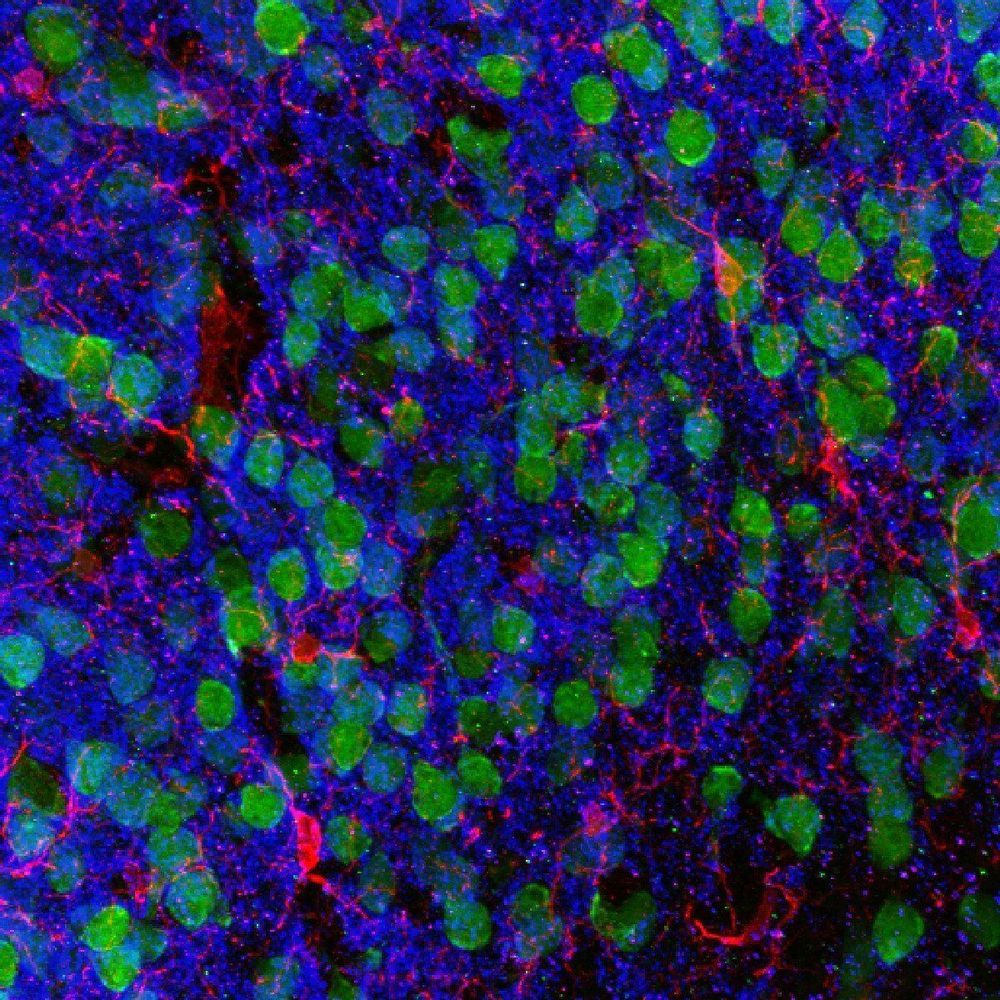New cellular and molecular processes underlying communication between gut microbes and brain cells have been described for the first time by scientists at Weill Cornell Medicine and Cornell’s Ithaca campus.
Over the last two decades, scientists have observed a clear link between autoimmune disorders and a variety of psychiatric conditions. For example, people with autoimmune disorders such as inflammatory bowel disease (IBD), psoriasis and multiple sclerosis may also have depleted gut microbiota and experience anxiety, depression and mood disorders. Genetic risks for autoimmune disorders and psychiatric disorders also appear to be closely related. But precisely how gut health affects brain health has been unknown.
“Our study provides new insight into the mechanisms of how the gut and brain communicate at the molecular level,” said co-senior author Dr. David Artis, director of the Jill Roberts Institute for Research in Inflammatory Bowel Disease, director of the Friedman Center for Nutrition and Inflammation and the Michael Kors Professor of Immunology at Weill Cornell Medicine. “No one yet has understood how IBD and other chronic gastrointestinal conditions influence behavior and mental health. Our study is the beginning of a new way to understand the whole picture.”
